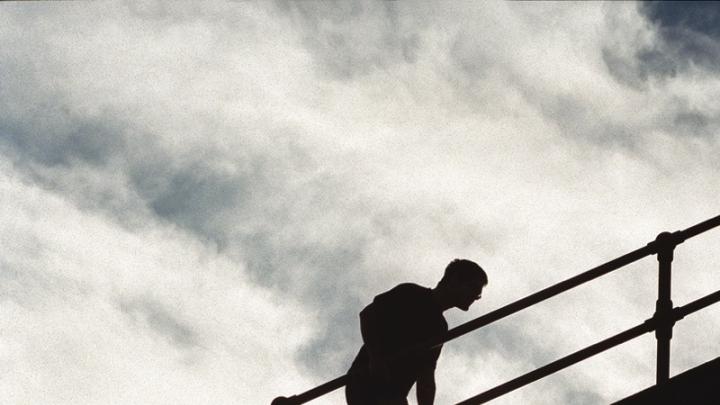Adam Kirsch’s review of The Art of the Sonnet (“Echo Chamber--and Amplifier,” July-August, page 17) delighted Philip M. Williams ’57, of Falmouth, Massachusetts, who wrote that the form is “a fine tool, just like the sharpening steel that whets one’s knives.” The former cross-country runner was moved to share his homage to Harvard Stadium stair climbers, which we have held for publication now, during the height of the football season. ~The Editors
Song to the Stadium Stair Climber
Drag, oh stair climber, those heavy legs.
Let burn, those lungs, each deep drawn breath.
Look down upon each concrete tread that begs
The failing will to quit. But nay, that’s death
To high achievement. Up, up, up!
Oh climb another riser. Once more
Again. Each brings thee close to sup
With ancient heroes. Feel the muscles sore,
As players in the field, as runners on
The long gone cinder track. Let soar
The beating heart. The whistling breath, in song
To endless pain, will gain the greatest height.
And when you heave your failing body, right
Next the colonnade, behold the sight.








